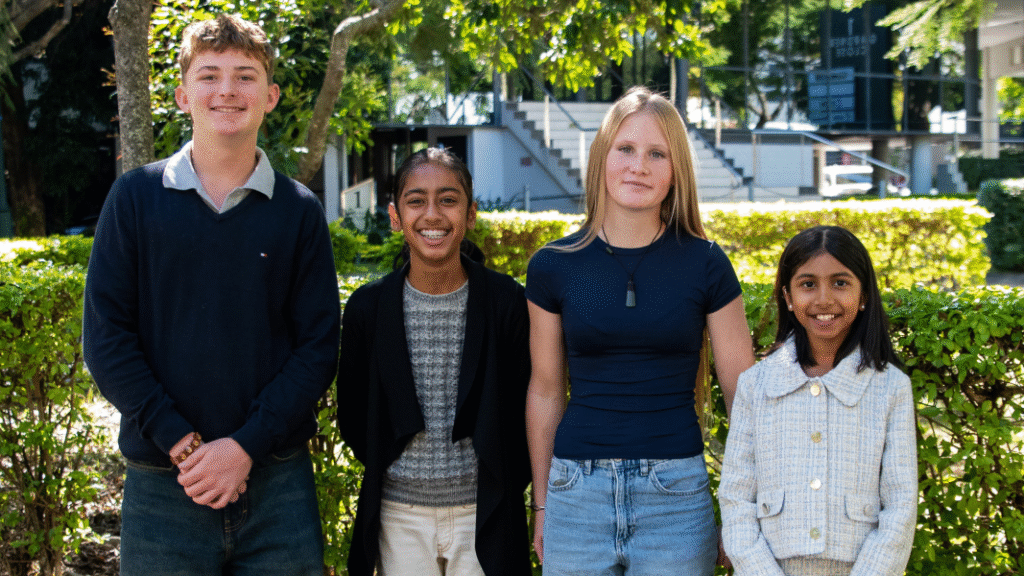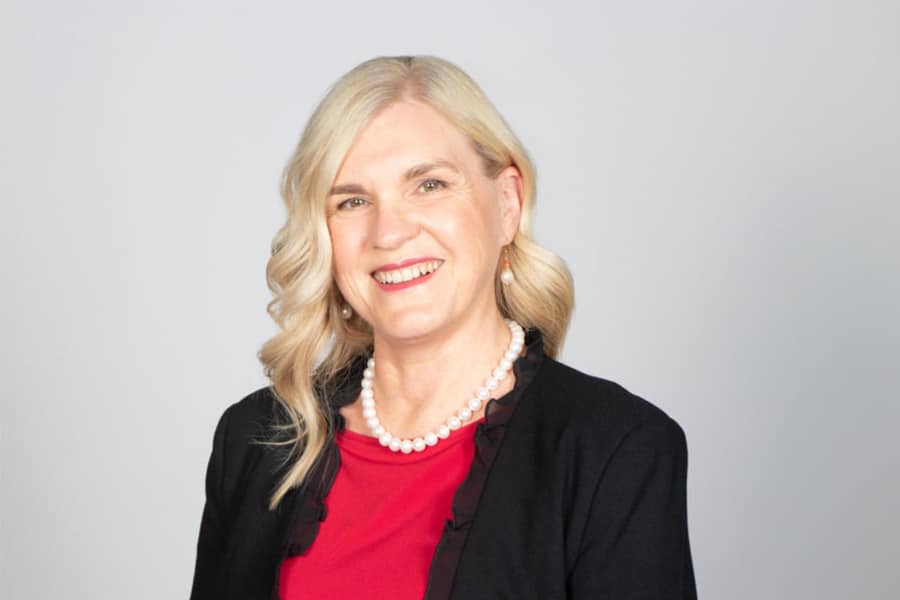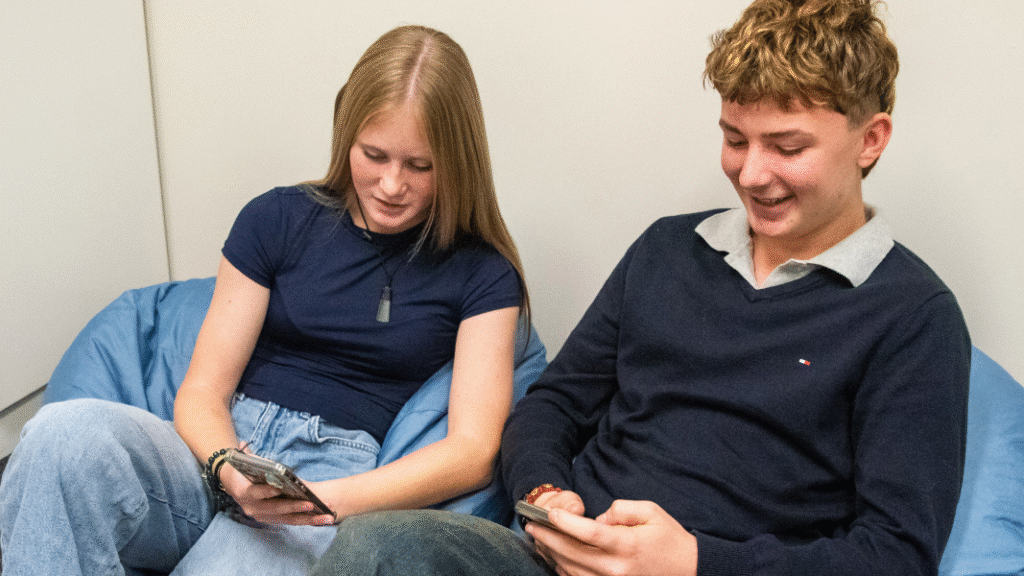More children aged 10 to 16 prefer to spend time with their families in-person compared to being online, surprising new research has found ahead of social media age restrictions being enforced in Australia.
In what may come as a shock to many parents and carers, 41% of Australian children surveyed said that they would rather connect with family in real life compared to only 15% who preferred to spend time online.
The research, commissioned by child protection organisation Act for Kids also revealed an overwhelming three out of four children (76%) felt most connected to their family when they were talking in-person about their day, despite almost half (46%) spending more than one hour per day talking to someone online.

The Act for Kids research heard from 300 children across Australia aged 10-16 providing remarkable insights into children’s online habits.
Interestingly, nearly three out of four children (74.3%) felt positive about their close adult being in the same room while they were online, including 17% who felt safer.
Act for Kids CEO Dr Katrina Lines said despite this only 10% of children reported always having an adult in the same room when they’re online.
“This gives us enormous insight into how parents and carers can help keep their kids safe online by simply being in the same room as them when they are on devices,” Dr Lines said.

The release of the research has prompted the launch of a new national campaign Let’s Connect IRL (In Real Life) co-designed by children, which encourages adults to consider how they can increase positive connections with kids in their lives in a fast-paced digital world.
“Our research found playing games is the most popular activity kids like to do online (41%) and yet only a third (29%) of families play games online together, which shows there’s an opportunity here for adults to connect with kids,” Dr Lines said.
“International research also shows young people who feel less connected to their family often turn to social media for support. Unfortunately, we know that social media can sometimes lead to negative experiences with children feeling isolated, lonely, anxious and at-risk of cyberbullying. Jumping online with them can reduce this.”
Saanvi Makkar, 12, who helped develop the campaign, said the digital world and social media sometimes made her feel insecure.
“I think it is actually very important for a parent to make sure their child is OK with social media, especially TikTok, Instagram, Snapchat …they can impact a child’s brain very severely if they’re not using it in the right way,” she said.
Ben Craig, 14, said, “the online world can actually be really positive – it’s not all negative.”

Coinciding with Child Protection Week (September 7 to 13), the Let’s Connect IRL (In Real Life) campaign will be rolled out nationally with educational online resources, workshops and videos for parents and carers.
“The campaign and research results come at a critical time with Australia becoming the first country to implement social media restrictions for children under the age of 16,” Dr Lines said.
“It highlights that despite the conversations we are having about children spending too much time on devices and their social media habits, we have ignored the most important voice in this issue – the voice of children.
“As a society, we need to listen to what children are saying and explore different ways to connect with them, whether that’s in real life or by trying new things such as playing games together online.”
She said rather than parents and carers feeling guilty for allowing their children on screens, we need to work out how we incorporate their digital world into ours which could be going online together or making the most of those incidental moments with your child including in a car ride and asking open-ended questions such as what was the favourite part of their day.
“Most people are time-poor and juggling many competing demands, which is why it’s important to understand that short, meaningful moments spent together can be just as impactful as spending long periods of time together,” Dr Lines added.
-ENDS-
Act for Kids media contact:
Melanie Whiting
0427 794 666
Melanie.whiting@actforkids.com.au